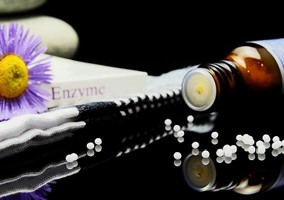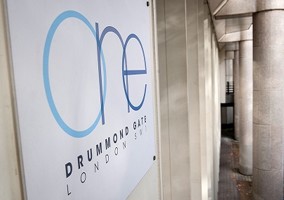The Charity Commission yesterday launched a consultation into complementary and alternative medicine, after agreeing to review whether organisations such as those promoting homeopathy should remain on the register.
The consultation asks what level of evidence the commission needs to register organisations promoting alternative and complementary medicine, since the commission itself is operating in an area outside its own expertise.
The commission agreed last year to review the status of alternative therapies after the Good Thinking Society, a registered charity which promotes “curiosity and rational thinking”, chaired by the science writer Simon Singh, threatened it with a judicial review, because it said the regulator was failing to address scientists’ concerns.
The commission said that registration requires a legal test, in which it considers a number of factors, including whether an organisation’s purposes are beneficial to the public, and whether any potential harm may outweigh the benefits.
It said it would base its approach on a House of Lords review into alternative medicine in 2000.
John Maton, head of charitable status at the commission, said: “The commission has the task of deciding which organisations are charities, but we recognise that we are not the authority in the efficacy of non-traditional medical treatments.
“Our consultation is not about whether complementary and alternative therapies and medicines are ‘good’ or ‘bad’, but about what level of evidence we should require when making assessments about an organisation’s charitable status. This is an area of considerable debate, and it is important that we consult openly.”
You might also be interested in...
Michael Marshall, project director of the Good Thinking Society, said: “Too often we have seen little effective action to protect the public from charities whose very purpose is the promotion of potentially dangerous quackery.
“This consultation is the first step in the right direction. However, the real progress will come when the Commission considers the clear evidence that complementary and alternative medicine organisations currently afforded charitable status often offer alternative therapies that are completely ineffective or even potentially harm the public.
“We hope that this review leads to a policy to remove such misleading charities from the register.”
Related articles












